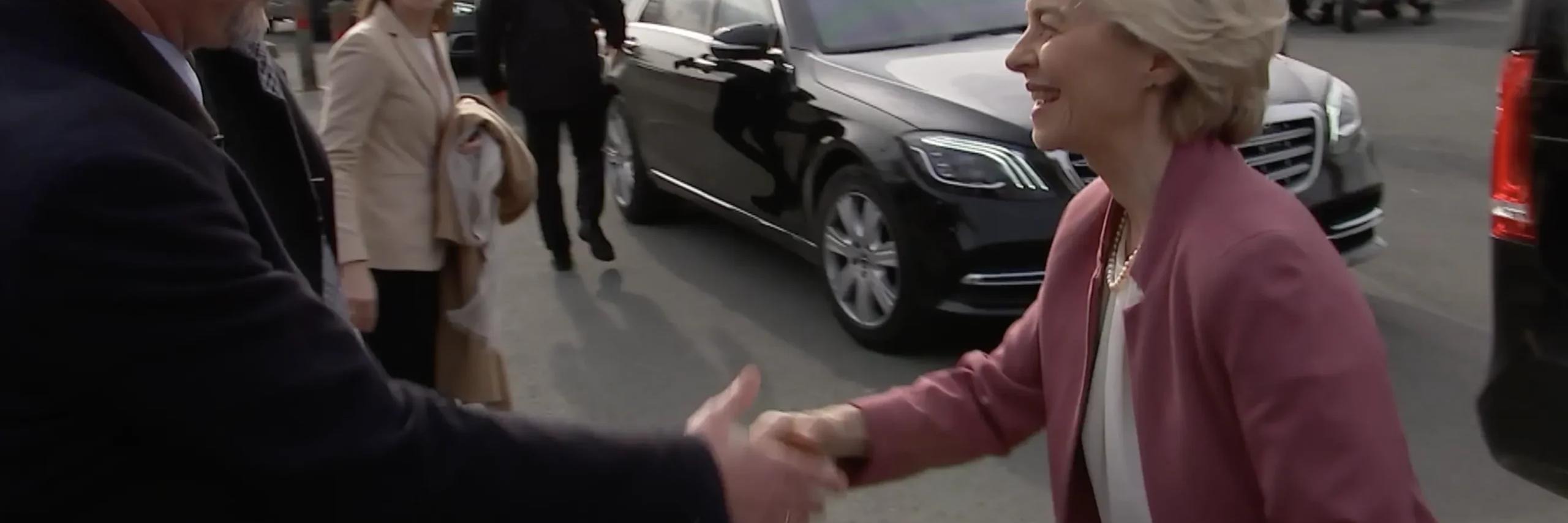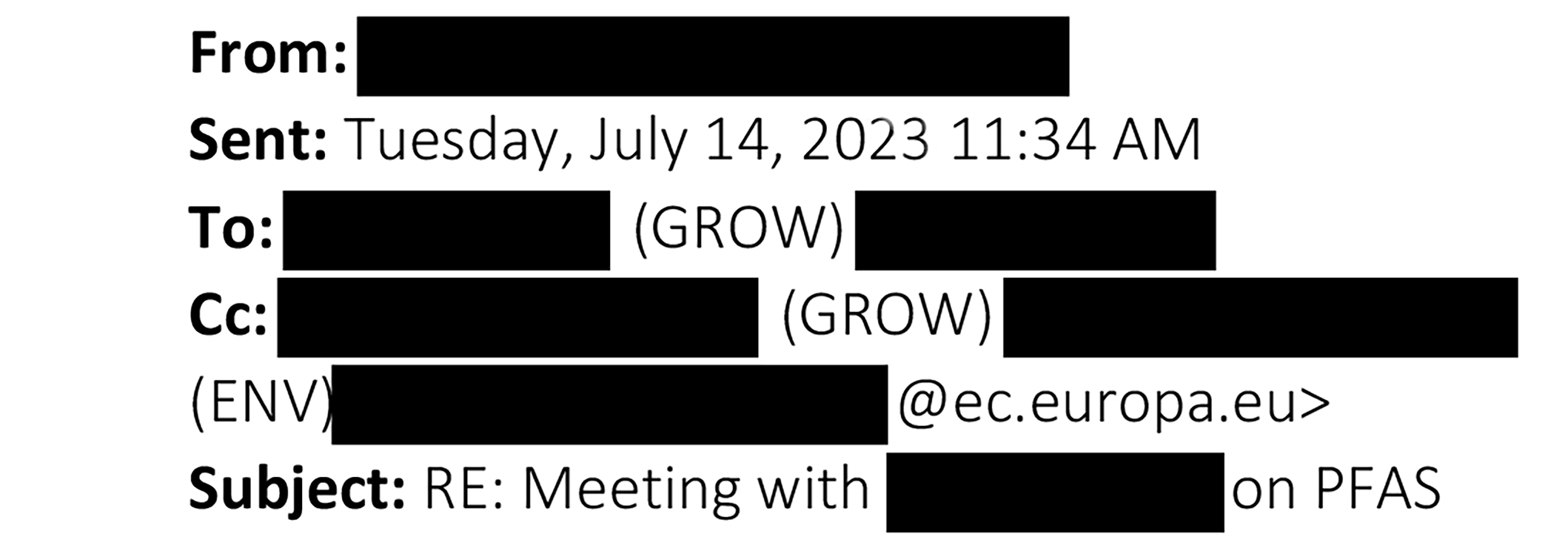The Forever Lobbying Project exposes the real cost of PFAS pollution on the environment, science, and politics
For over a year, the Forever Lobbying Project investigated an ongoing orchestrated lobbying and disinformation campaign by the PFAS industry and its allies, with the aims of watering down an EU proposal to ban “forever chemicals” and shifting the burden of environmental pollution onto society.
The cross-border, interdisciplinary investigation reveals for the first time the staggering cost of cleaning PFAS contamination in Europe if emissions remain unrestricted: €2 trillion over a 20-year period, an annual bill of €100 billion. If the polluters do not pay, then who will?
Manufactured by a handful of companies, PFAS (per- and polyfluoroalkyl substances) are a family of over 10,000 man-made chemicals. Almost indestructible without human intervention and persistent in living organisms, humans included, PFAS have been linked to a dozen illnesses.
According to scientists, regulators and civil society, the “poison of the century” has created the worst pollution crisis humanity has ever faced.
In February 2023, five European countries proposed a PFAS “universal restriction” under the EU chemical regulation REACH (Registration, Evaluation, Authorisation and Restriction of Chemicals). The ban would include the entire PFAS chemical “universe”, with some derogations until alternatives are developed. In response, hundreds of industry players defending the interests of around 15 sectors have been lobbying decision makers across Europe to undermine, and perhaps kill, the proposal.
Pushing forward the frontiers of journalistic investigation into lobbying and disinformation through an academic approach, the Forever Lobbying Project, published on 14 January 2025, subjected the key arguments used by lobbyists in the plastics sector to a “stress test”, and discovered that many of them are fearmongering, false, misleading, or potentially dishonest. The investigation describes how industry lobbyists resort to influence tactics typical of the corporate world, used throughout the decades to defend tobacco, fossil fuels, and other chemicals and pesticides. The public debate on PFAS has now been polluted by these “Merchants of Doubt”.
The team built on the concept of “expert-reviewed journalism”, pioneered in 2023 with the Forever Pollution Project, this time involving 18 international academics and lawyers in Zurich, Stockholm, Toronto, Rotterdam and elsewhere, from the field of environmental chemistry to criminology.
The journalists developed the methodology to stress test the lobbying arguments with Gary Fooks (University of Bristol, UK), and the remediation costs methodology with Ali Ling (University of St. Thomas School of Engineering, US) and Hans Peter Arp (Norwegian University of Science and Technology and Norwegian Geotechnical Institute).
In collaboration with EU lobby watchdog Corporate Europe Observatory and the PFAS Project Lab, the team collected over 14,000 unpublished documents on PFAS, constituting the world’s largest collection to date on the topic. The unique trove of documents is now available to the public in the Industry Documents Library at the University of California, San Francisco, home of the famous “Tobacco Papers”, and in the Toxic Docs database of Columbia University, New York, and the City University of New York.




